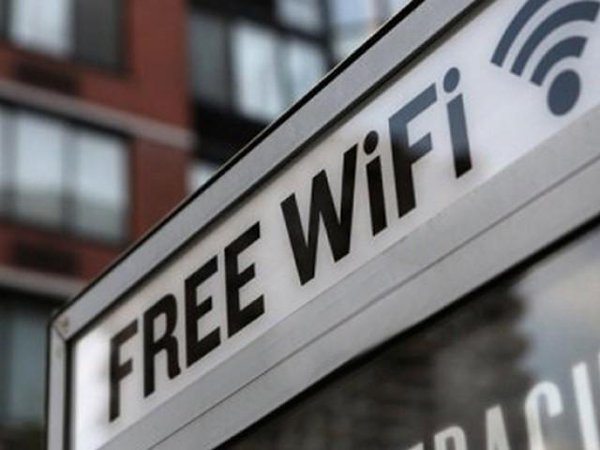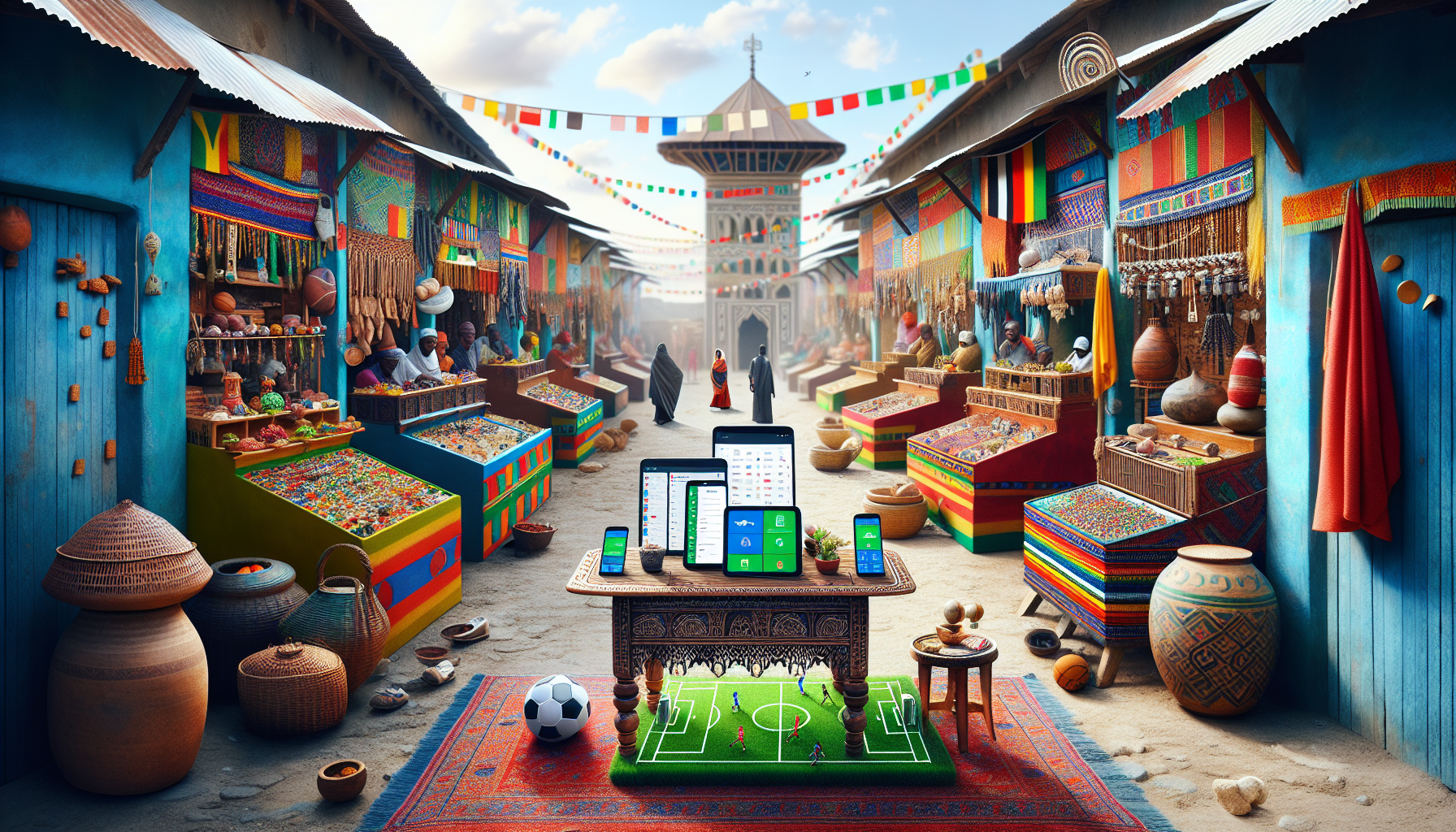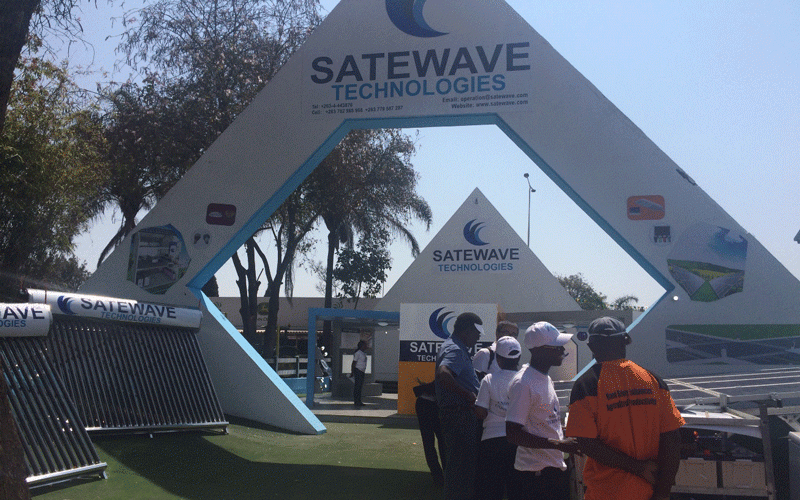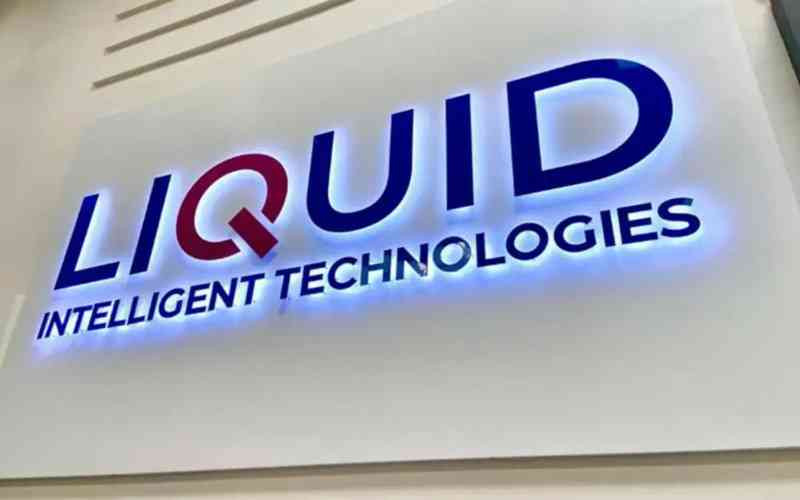
Jacob Mutisi ZIMBABWE is now considered a relatively well-developed digital economy, where 96% of all transactions in the country’s formal and informal sector are being conducted through digital means and only 4% are cash-based, and the Zimbabwean government uses digital money almost exclusively.
There is now a need to make internet accessibility a basic human right.
With the above finding, there is a suggestion that access to the internet should not be unreasonably restricted and that governments have a responsibility to ensure that Internet access is widely-available through Wi-Fi points.
Nowadays, Wi-Fi technologies are widely adopted and play a major role in increasing people’s quality of life.
In Canada, for example, they already enjoy free Wi-Fi in Starbucks coffee shops and many other retail and food outlets across the country and internet access being recognised as a right by the laws of several countries, what would make this a complicated issue in Zimbabwe?
Free Public Wi-Fi is a great opportunity for governments to connect entire cities, as the government is working towards building smart cities and deploying free Wi-Fi will result in empowering communities with better services.
Free Wi-Fi gives citizens, businesses and the government itself an opportunity to influence the productivity and innovation trajectory of Zimbabwe on a national level.
Our municipalities through technology can provide incremental opportunities to drive economic development, cost reductions, job creation and heightened collaborations.
- Chamisa under fire over US$120K donation
- Mavhunga puts DeMbare into Chibuku quarterfinals
- Pension funds bet on Cabora Bassa oilfields
- Councils defy govt fire tender directive
Keep Reading
Free Wi-Fi should not be seen as a cost, but as an economic development engine, innovation stimulus and revenue generator.
Imagine a municipality equipped with a Wi-Fi network that addresses multiple service requirements and can be leveraged by all constituents for accessing data and value-added services. A unified, foundational network supporting:
Zimbabwe will have an ICT infrastructure service that benefits transportation, utilities, public safety, and environmental optimisation.
All the connected nodes on the Wi-Fi network work in unison to deliver greater value at reduced operational expense and resources. We can have our cars talk to street lights, and smart-parking maximises city revenues while reducing unnecessary driving and congestion.
Business ICT services can be made available to the local commerce.
The Wi-Fi network becomes an extension to reach their customers and consumers.
Locally configured applications draw shoppers to retailers, and customer experiences do not begin or end at the door of a retail location.
Productivity will increase city services providing data, real-time analytics and insight to public service providers and planners.
The mining of city data will become increasingly integral to cities to operate more competitively and efficiently.
For instance, our cities and towns can integrate a system that will include a solution provider, which will deliver smart digital services, such as smart waste management, smart security and smart lighting to public spaces around their areas, relying on a cloud Wi-Fi infrastructure.
Another benefit that free Wi-Fi access brings to communities is represented by our community centres where everyone, even those who cannot afford internet at home, can benefit from a free connection and use it to access public services, look for jobs, or for their personal entertainment, that is learning a new language.
Equipping Zupco transportation with free Wi-Fi access can positively affect communities with residents and travellers enjoying a better travel experience and get real-time information about transport, so as to better plan their routes.
In Spain for example, statistics show that 40% of traffic jams in city centres are a result of drivers searching for parking lots.
In this respect, the city of Barcelona, solved this traffic congestion problem by adopting special parking sensors, which work with an online application and show citizens where there are available parking areas.
Free public Wi-Fi access can have a huge impact on tourism, too.
When travelling, indeed, people want to stay in contact with their family and friends, share their holiday pictures on their social networks and check travel information.
As a consequence, tourists are more incentivised to travel to a location if they can use the internet for free. Providing a city with free Wi-Fi hotspots would be advantageous both for tourists, who would enjoy internet connection without roaming charges, and for the local economy, which would largely benefit from increased levels of tourism.
Wi-Fi technology is now widely used by our urban healthcare services to largely improve hospitals and clinics’ performances.
For instance, thanks to wireless apps doctors can now have instant access to their patients’ clinical information and easily communicate with them.
In addition, free Wi-Fi at our rural healthcare facilities will allow patients living in the countryside to reach doctors easily.
At the same time, Wi-Fi allows real-time location monitoring, meaning that it makes it possible to track the position of the medical staff within a healthcare building and to better plan the use of resources, both patients and equipment can be directed to the right place at the right time.
Free Wi-Fi will allow for citizens to participate in the safety and security of a municipality, to record broken lights and pot holes and provides a channel for virtual conversations with local authority officials and municipal leaders, as well as the broader community.
This will redefine how smart-municipalities operate and ultimately set them apart from their analog counterparts.
- For more details please Whatsapp/call +263772278161
- Mutisi is the CEO of Hansole Investments (Pvt) Ltd and the current chairperson of Zimbabwe Information & Communication Technology, a division of Zimbabwe Institution of Engineers.











